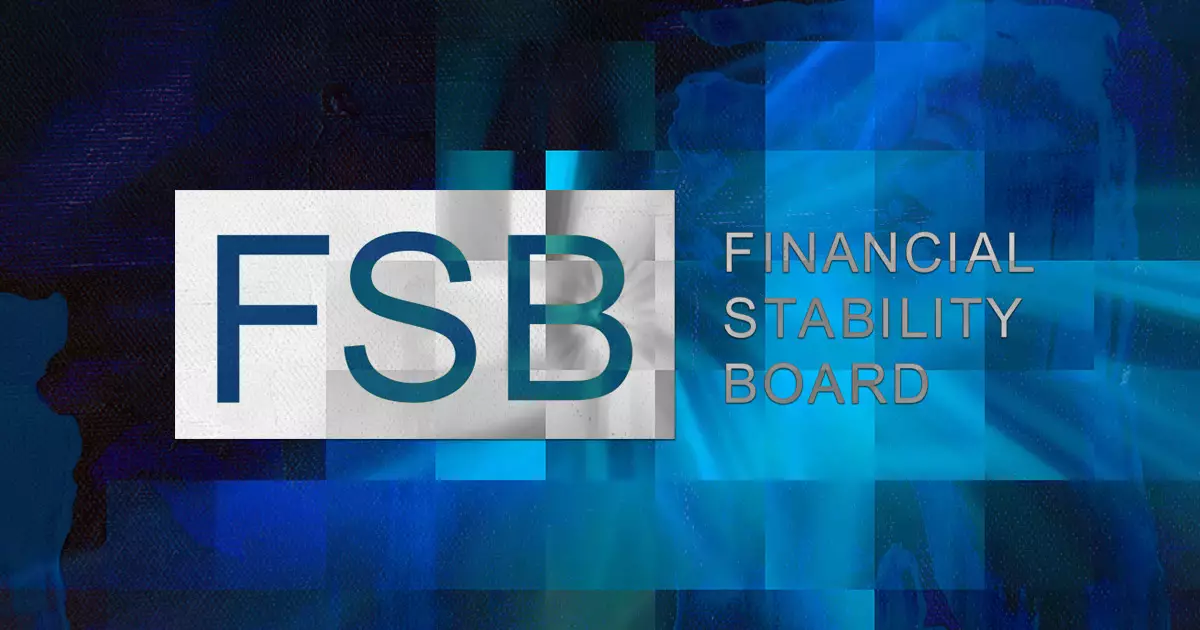The Financial Stability Board (FSB) has recently finalized its global regulatory framework for crypto-asset activities. This framework aims to address the intrinsic volatility and structural vulnerabilities of crypto-assets and related players. It also acknowledges the potential risk that collapses in the industry can have on the broader financial market. To mitigate this threat, the FSB recommends implementing stricter regulations on the cryptocurrency sector.
The FSB’s framework is designed to ensure comprehensive and consistent regulations for cryptocurrencies and stablecoins across borders. It balances the need for regulation with the desire to foster technological innovation in the industry. The framework includes two sets of high-level recommendations, with the second set being an amendment of previous recommendations on stablecoins based on recent events. These recommendations primarily focus on addressing risks to financial stability and establishing a foundation for regulators to develop their own regimes.
The FSB has enhanced its prior recommendations to improve three key areas: safeguarding client assets, addressing risks from conflicts of interest, and enhancing cross-border cooperation. The nine top-level recommendations cover aspects such as governance, disclosures, risk management, regulatory tools, regimes, and cross-border cooperation between regulators. However, it’s important to note that these recommendations do not apply to central bank digital currencies, as they are considered central bank liabilities in digital form.
The FSB’s framework and recommendations are a response to the events of the past year that have exposed the vulnerabilities in the crypto industry. The significant collapses, like FTX, highlight the potential for a domino effect when critical service providers fail, spreading risk rapidly throughout the ecosystem. The deepening connection between traditional finance and cryptocurrencies also poses increased risk to the broader financial market. To mitigate these risks, the FSB believes that stricter regulations are necessary.
While the FSB acknowledges the need for stricter regulations, it also recognizes the importance of not stifling technological innovation in the industry. The framework aims to strike a balance between addressing risks and fostering innovation. By providing a comprehensive and consistent regulatory framework, it aims to create a stable environment that allows for responsible innovation and growth in the crypto industry.
The global regulatory framework for crypto-asset activities is set to have a significant impact on the industry. With stricter regulations in place, the industry will need to adapt and comply with new requirements to ensure financial stability. Regulators, on the other hand, will have a baseline to build their own regimes, allowing for more consistent supervision and oversight across borders.
The FSB’s global regulatory framework for crypto-asset activities is a response to the vulnerabilities and risks exposed in the past year. By implementing stricter regulations, the FSB aims to mitigate the potential threats posed by the deepening connection between traditional finance and cryptocurrencies. While the framework provides comprehensive guidelines for regulators, it also recognizes the importance of fostering innovation in the industry. The impact of this framework will be significant, shaping the future of the crypto industry while ensuring financial stability.


Leave a Reply